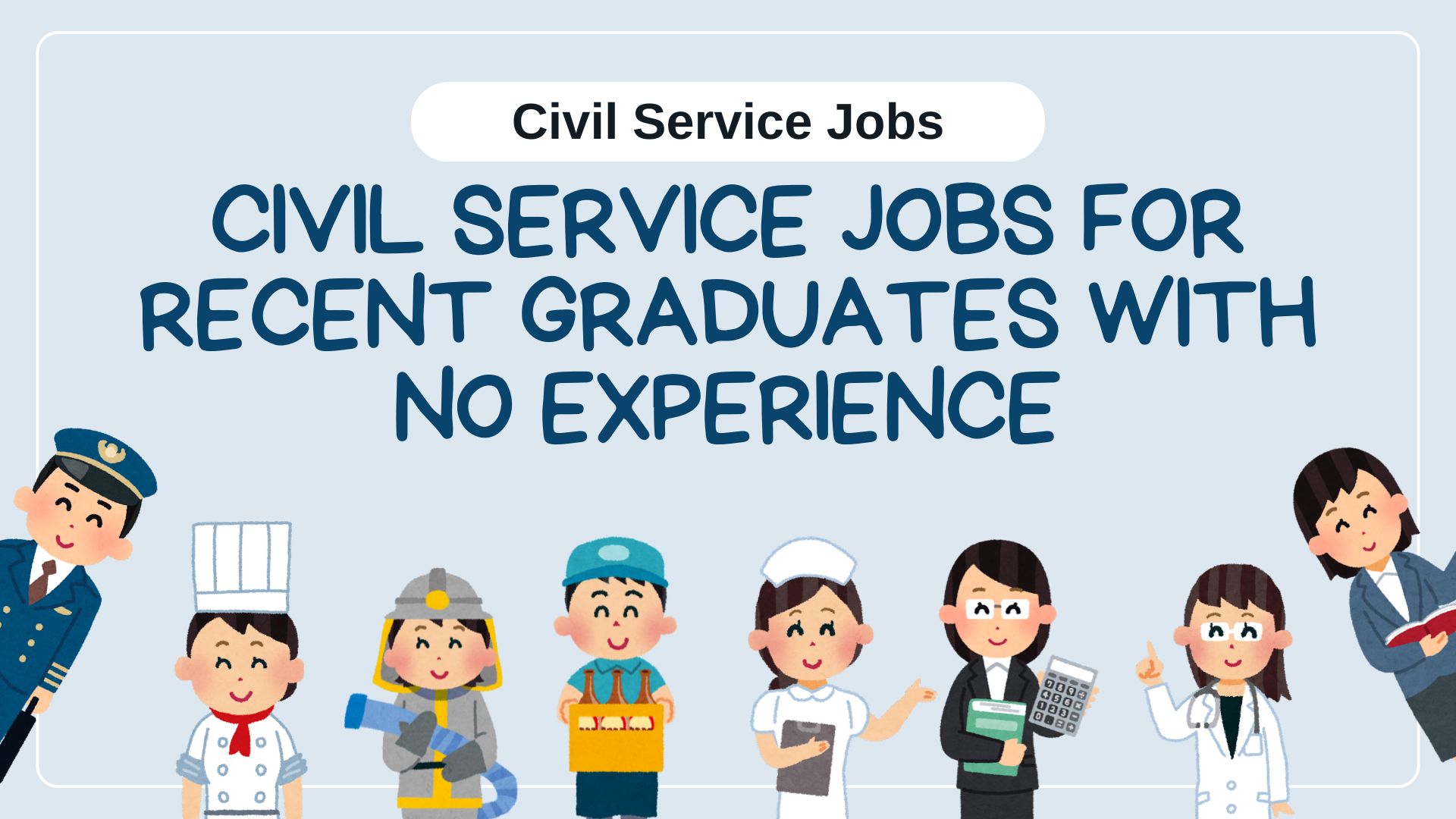
Civil Service Jobs for Recent Graduates with No Experience: Congratulations, graduate! You’ve conquered finals, tossed your cap, and now you’re facing the “real world.” If you’re passionate about making a difference, seeking job security, and wanting a career with purpose, the civil service might be your perfect fit. But you have a pressing question: “How can I get a civil service job with no experience?”
The fantastic news is that the federal, state, and local governments are actively looking for people like you. They don’t just want seasoned professionals; they need bright, motivated, and diverse recent graduates to bring fresh perspectives into public service. The key is knowing where to look and how to present yourself.
This comprehensive guide will demystify the process, revealing the specific entry-level pathways designed for candidates with little to no professional experience. We’ll cover everything from the best job titles and agencies to the intricacies of the application process. Let’s launch your public service career.
1. Introduction
Civil Service Jobs for Recent Graduates with No Experience: Many recent graduates ask: “Is it even possible to get a government job with no experience?” Luckily, civil service organizations often prioritize fresh educational qualifications, aptitude, and potential. The emphasis on merit and transparent exam systems means even freshers stand a great chance.
2. Why Choose Civil Service Jobs?
Civil service positions are famous for their:
- Job security and stability
- Competitive pay and benefits
- Structured working hours
- Opportunities for career advancement
- The chance to serve the public and make a difference
3. Who Can Apply: Eligibility & Requirements
The minimum requirement for most entry-level civil service jobs is a completed undergraduate degree from a recognized university, regardless of discipline.
Eligibility typically includes:
- Bachelor’s degree (B.A., B.Sc., B.Com., etc.)
- Age within specified limits (typically 21–32 for general category, with relaxations for reserved categories)
- Indian citizenship (for central/state government roles)
- Occasionally, basic knowledge of computers or local language skills
Pro Tip: Many roles welcome final-year students to apply provisionally, making the process even smoother for new graduates.
4. Top Civil Service Jobs For Graduates
Some of the top civil service roles open to recent graduates with no work experience include:
| Job Title | Typical Department | Key Benefits |
|---|---|---|
| IAS, IPS, IFS (via UPSC) | Central Govt (All-India Services) | Prestige, pay, authority |
| Bank Probationary Officer | Public sector banks | Growth opportunities |
| Assistant/Clerk | State/central secretariats, ministries | Job security, regular pay |
| Railway NTPC categories | Indian Railways | Perks, housing, medical |
| Junior Engineers, Technicians | Public sector undertakings (PSUs) | Technical growth |
| SSC CGL, CHSL | Central ministries, custom, excise | Direct permanent jobs |
| Group B & C State Services | Various state administration | Local postings |
| Data Entry Operator, Typist | Central/state agencies | Suitable for all backgrounds |
| Apprentice/Trainee positions | PSU, Railways, Ministries | On-the-job learning |
| Court Clerks/Assistants | Judiciary | Multitude of openings |
These roles often include hundreds or even thousands of vacancies each year and run “freshers welcome” or “no experience required” drives.
5. How to Find & Apply for Government Vacancies
Consistent exam schedules and large intakes make civil service jobs accessible. To keep ahead:
- Bookmark and subscribe to boards such as:
- EduJobNest.com
- LinkingSky Govt Exams
- UPSC Recruitment Portal
- Check local government websites and employment exchanges.
- Follow major job portals that filter government postings by qualification.
Essential Steps:
- Search for updates on official job notification sites.
- Note eligibility and important dates.
- Download and fill out application forms through official links.
- Pay any prescribed fees.
- Prepare documents and certificates for verification.
6. Structure of Civil Service Recruitment
Most Common Steps
- Written Examination: This is the first and usually the most important hurdle. These exams check general knowledge, logical reasoning, quantitative aptitude, and sometimes language proficiency.
- Skill/Typing Test: For clerical/data entry roles.
- Personal Interview: Assesses your soft skills, confidence, and suitability.
- Document Verification: Original eligibility documents are checked.
- Medical Exam: For certain posts.
Many Public Sector Units (PSUs) and departments such as Indian Railways, State Public Service Commissions, and central bodies like SSC, IBPS, and UPSC use this multi-stage selection system.
Fast Stream and Training Schemes
In nations like the UK, the “Civil Service Fast Stream” offers structured graduate leadership tracks where no experience is needed—training is provided on the job.
7. Tips for Cracking Civil Examinations
- Study the official syllabus and previous question papers: Most exams have predictable patterns.
- Time management: Allocate daily/weekly hours for each subject.
- Mock tests: Practice regularly under real-exam conditions.
- Read newspapers and magazines: Stay updated on current events.
- Join study groups or coaching (physical/online) if needed.
8. Making the Most of No Experience
Civil service jobs are purposefully designed for freshers. Here’s how to maximize chances:
- Emphasize academic achievements, internships, projects, and any club/volunteer activity in applications.
- Highlight transferable skills (leadership, teamwork, organization, communication).
- Show willingness to learn, adaptability, and positive attitude in interviews.
- Take advantage of training programs and orientation sessions post-selection.
9. Resume & Cover Letter Tips For Government Roles
- Use a clean, formal format (no fancy fonts/graphics).
- Focus on education, certifications, and relevant college activities.
- Be honest about level of experience; do not inflate achievements.
- Include extracurriculars or leadership in academic clubs/societies.
- Custom-tailor your cover letter for each department/role, mentioning why public service appeals to you.
10. FAQs
Q1: What is the minimum educational qualification for civil service jobs for graduates?
A: Any recognized bachelor’s degree (B.A., B.Sc., B.Com., etc.).
Q2: Can I get a civil service job without prior work experience?
A: Yes—most entry-level roles and competitive exam tracks are designed for freshers.
Q3: How do I improve my chances as a fresher?
A: Focus on exam preparation, present your achievements well in applications, and keep updated with official job notifications.
Q4: Are there age relaxations for SC/ST/OBC/PWD graduates?
A: Yes—most exams have reserved relaxation for these categories (example: UPSC CSE—up to 37 for SC/ST).
Q5: Should I join coaching or prepare at home?
A: Both paths work. Many graduates have succeeded with self-study, using online resources and mock tests.
11. Related Government Job Boards
- EduJobNest – Latest Govt Recruitment 2025
- Civil Service Careers – Fast Stream Opportunities
- LinkingSky – Graduate Government Jobs
12. Conclusion
Civil service jobs offer recent graduates a direct entry into meaningful, secure, and growth-oriented careers—even if they have no prior professional experience. By understanding eligibility, preparing systematically for exams, and staying on top of vacancy updates, freshers can secure lucrative government roles and contribute positively to society. Start preparing today, and you’ll soon find yourself on the path to an impactful public service career!
This blog was carefully researched using top government vacancy boards and recent recruitment notices to ensure you receive the most up-to-date and practical advice for government job seekers, particularly recent graduates without professional work experience.
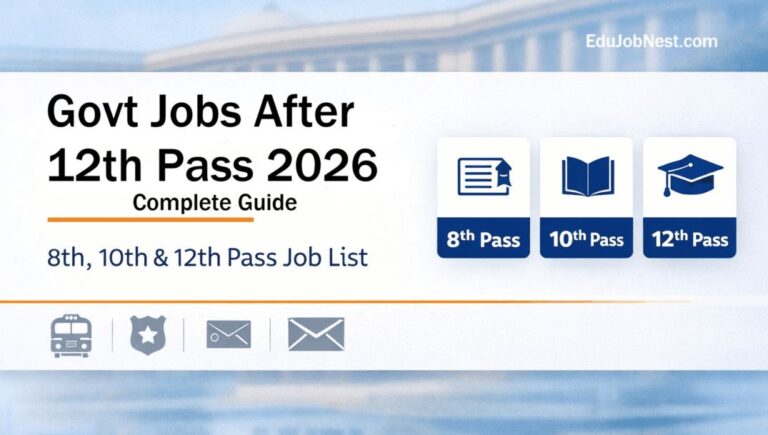
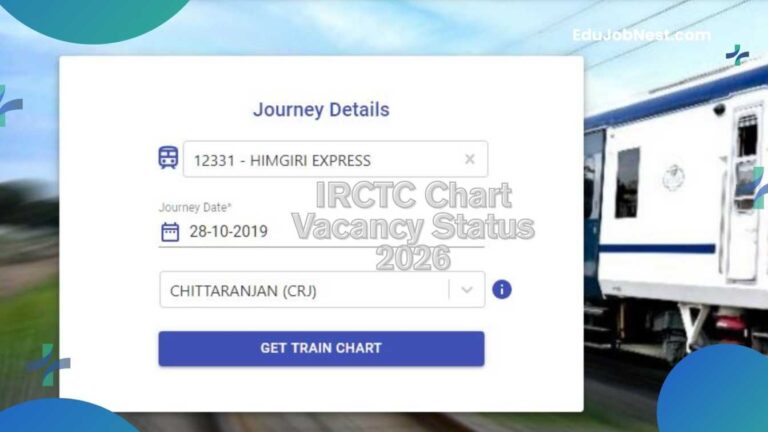
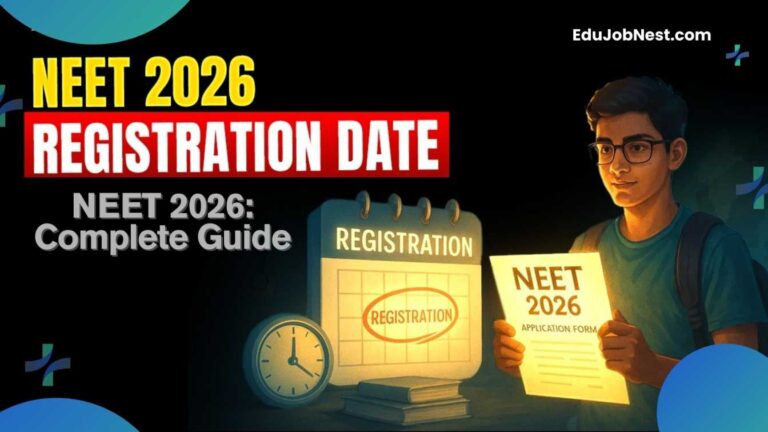
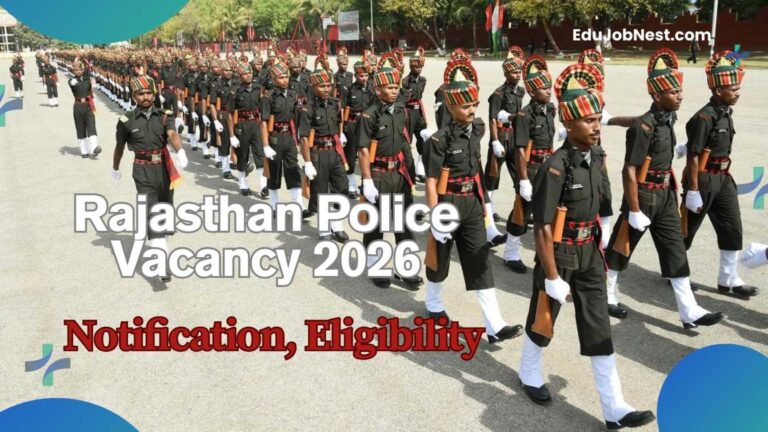
1 thought on “Civil Service Jobs for Recent Graduates with No Experience”